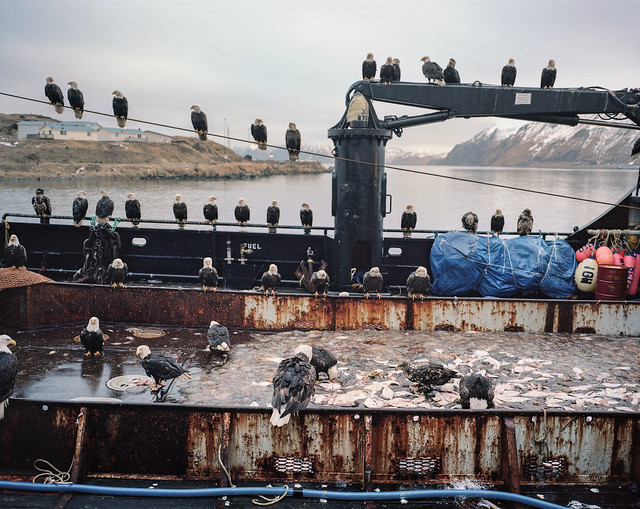Welcome to Word Buzz Wednesday, your go-to place for the most interesting words of the week. The latest: side struck by lightning; an unusual second toe; feeling icky about technology.
side splash
“Justin believes that he experienced what’s called a side flash or side splash, in which the lightning ‘splashes’ from something that has been struck—such as a tree or telephone pole—hopscotching to a nearby object or person.”
Charlotte Huff, “What It’s Like to Be Struck by Lightning,” The Atlantic, May 25, 2017
According to U.S. meteorologist Ron Holle, direct lightning strikes “are surprisingly rare,” and “responsible for no more than 3 to 5 percent of injuries.” Side splashes make up “20 to 30 percent of injuries and fatalities” while “by far the most common cause of injury is ground current, in which the electricity courses along the earth’s surface.”
silk
“Pupil barristers, as trainees are known, start there at £65,000 per year, and the top silks each make several million pounds.”
Simon Akam, “The Exquisitely English (and Amazingly Lucrative) World of London Clerks,” Bloomberg, May 23, 2017
Silk is the nickname given to “barristers who’ve achieved the rank of Queen’s Counsel,” says Bloomberg, and comes from “the plush material used to make their robes.” The Oxford English Dictionary’s earliest recorded usage is from 1821: “Our solicitor has heard with due attention the speeches delivered from learned silk.”
postural sway
“‘Most of us aren’t aware that we’re moving around all the time,’ says Lena Ting of Emory University, who measures what’s called postural sway in standing people as well as in animals.”
Susan Milius, “Here’s how flamingos balance on one skinny leg,” Business Insider, May 26, 2017
Postural sway refers to horizontal movement around one’s center of gravity. Simply “keeping the body vertical,” says Business Insider, requires “constant sensing and muscular correction for wavering.”
Greek foot
“Today the toe—and the foot it belongs to—is often called a ‘Greek foot’ by art historians and podiatrists.”
Melissa Banigan, “Why the Venus de Milo Has Extra-Long Second Toes,” Atlas Obscura, May 23, 2017
Greek foot refers to having a second toe that’s longer than the first, says Atlas Obscura, so-called because of its frequent depiction in ancient Greek sculptures. In the early 20th century, Dudley Morton, an American orthopedic surgeon, christened the phenomenon after himself, calling it Morton’s toe. Fifteen to 20 percent of the general population has it, and it may cause bunions, hammertoes, and chronic pain.
yuck factor
“He couldn’t face the idea of the operation. It devastated the family. That shows the strength of the yuck factor.”
Anonymous, “Why I donated one of my kidneys to a stranger,” The Guardian, May 20, 2017
The yuck factor refers to an instinctive negative response against new technology and was coined by bioethicist Arthur Caplan, according to Environmental Health Perspectives. For example, the yuck factor might deter people from using recycled sewage as their tap water or from donating a kidney, as discussed in The Guardian article. The yuck factor is also known as the wisdom of repugnance or appeal to disgust.






